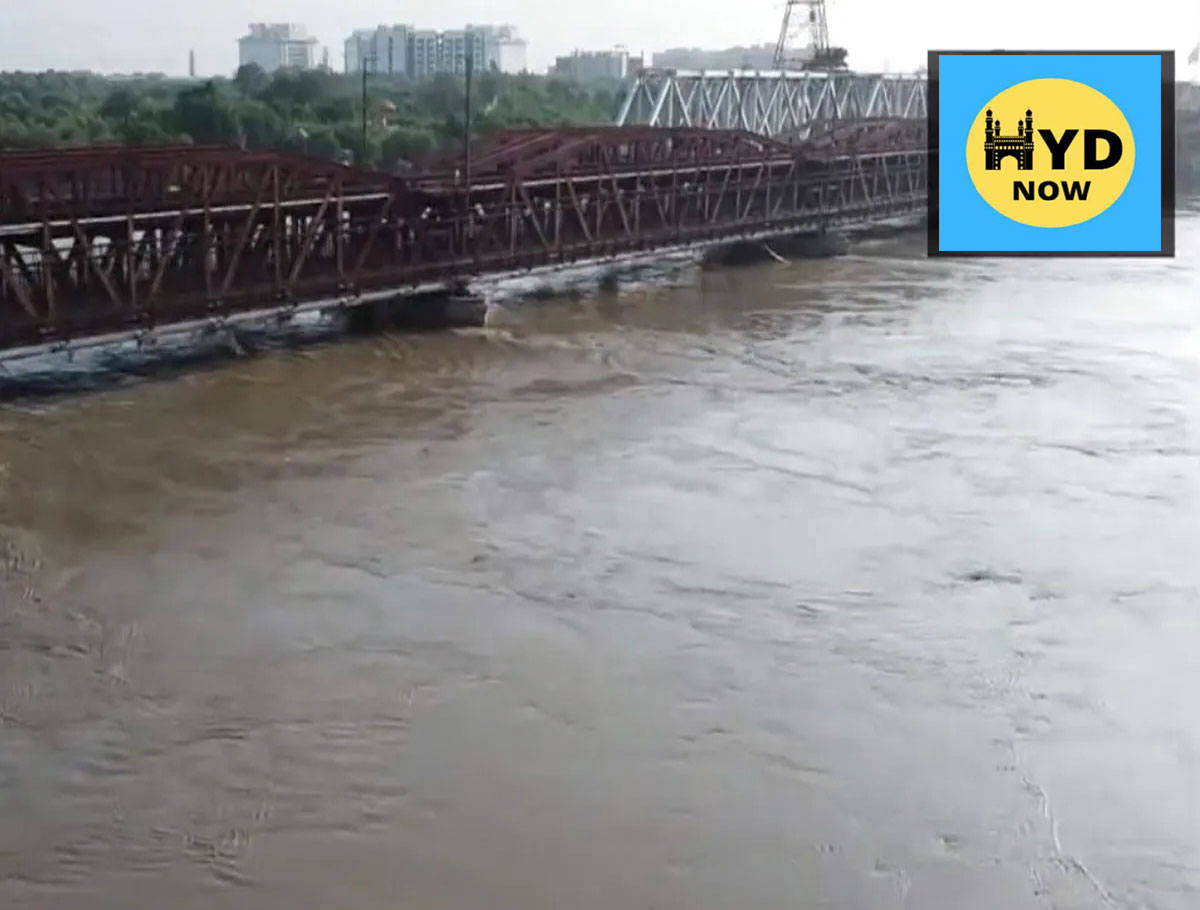The water level of the Yamuna crossed the warning mark of 204.50 meters in Delhi following torrential rain in the river’s upper catchment areas over the past two days. According to the Central Water Commission’s website, the water level at the Old Railway Bridge rose from 203.48 meters at 3 pm on Monday to 204.94 meters at 6 pm on Tuesday.
The flow rate at the Hathnikund barrage in Haryana’s Yamunanagar district stood at 30,153 cusecs — considered moderate during the monsoon season.
An official of the Delhi government’s irrigation and flood control department said low-level flooding may occur at a few places along the river but a grave situation is unlikely.
At least 53 people have been killed in Himachal Pradesh as rain wreaked havoc in the hill state since Sunday.
Torrential rain also ravaged Uttarakhand over the past two days, destroying buildings and causing landslides that breached the national highways to Badrinath, Kedarnath, and Gangotri shrines.
Most of the rivers are overflowing due to the rain. The Ganga is flowing above the danger mark in Tehri, Haridwar, and Rishikesh. The Alaknanda and the Mandakini are flowing above the danger level in Rudraprayag, Srinagar, and Devprayag, the disaster control room in Uttarakhand’s Dehradun said.
In mid-July, Delhi faced unprecedented flooding due to heavy rainfall in the national capital and the Yamuna River’s upper catchment areas. The Yamuna swelled to a record 208.66 meters on July 13, breaching its previous record and penetrating deeper into the city than in more than four decades.
Over 27,000 people were evacuated during the floods with the losses incurred in terms of property, businesses, and earnings running up to crores of rupees.
The river flowed above the danger mark of 205.33 meters for eight days on the trot, starting July 10.
Experts attributed the flooding in Delhi to encroachment on the river’s floodplain, extreme rainfall within a short span of time, and silt accumulation that has raised the riverbed.
The Yamuna River system’s catchment covers parts of Uttar Pradesh, Uttarakhand, Himachal Pradesh, Haryana, Rajasthan, Madhya Pradesh, and Delhi.
The low-lying areas near the river in Delhi, inhabited by around 41,000 people, are considered prone to flooding. Encroachments on the river’s floodplain have occurred over the years, despite the land belonging to the Delhi Development Authority, the revenue department, and private individuals.
The city’s northeast, east, central, and southeast districts are most affected by floods in the city. A study on “Urban Flooding and its Management” by the Irrigation and flood control department identifies east Delhi under the floodplain region as highly vulnerable to floods.
Next Story:
-
Heavy Rains In Telangana For Next Three Days

The people of Telangana have been alerted because of moderate to heavy rains in the state for the next three days, according to the Indian Meteorological Department (IMD).
Now you can get the latest stories from Hydnow every day. Click the link to subscribe. Click to follow Hydnow’s Facebook page and Twitter and Instagram




